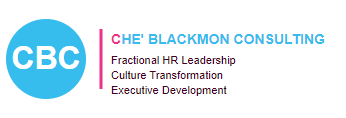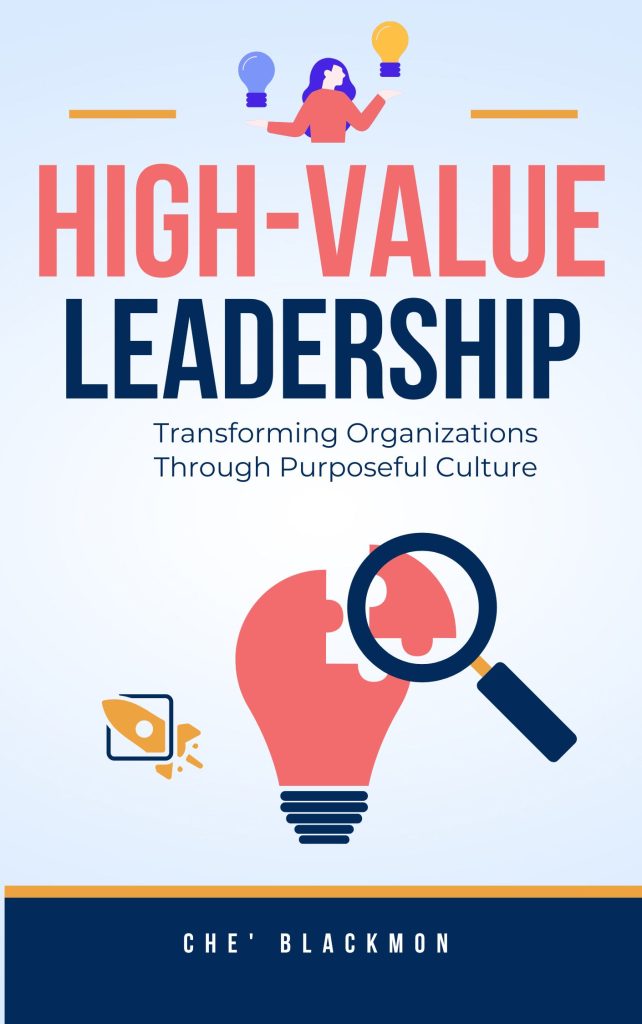As a Black female with over two decades of experience working in corporate environments, I have experienced firsthand the nuanced balance of being assertive and working with how others perceive you. Drawing on my experiences documented in “Mastering a High-Value Company Culture,” allows me to detail effective strategies for discovering and employing your authentic voice in the workplace.
Understanding the Terrain
The path to assertiveness starts with an awareness of Black women’s singular challenges in corporate environments. As I discussed in my book’s cultural assessment chapter, workplace realities include:
- Negotiating through stereotypes and bias
- Handling others’ comfort
- Figuring out authenticity and acceptance
- Pushing through “double consciousness”
- Smashing through communications
Effective Techniques for Assertiveness
1. Let Data Do the Talking
Based on my experiences guiding HR transformations:
- Back statements with specific examples
- Offer statistics in your favor.
- Document your achievements and contribution.
- Employ benchmarking and academic study.
- Document all your impact.
2. Get a Handle on Strategic Communication
As discussed in my book’s trust and transparency build chapter:
- Timing is key.
- Set issues in terms of impact.
- Employ “I” statements for taking ownership.
- Employ the pause for impact.
- Active listening
3. Construct a Confident Voice
From my years working with professionals one-on-one, I have discovered these techniques to be gold:
- Prepare for a significant conversation.
- Rehearse your power stance prior to a sit-down.
- Don your minimizing language
- Speak confidently.
- Own your expertise.
4. Handle Tough Talks
Based on my experience working with workplace disputes:
- Handle them early and head-on.
- Talk about specific behavior and impact.
- Suggest alternative strategies.
- Engage in professional language.
- Document key talks.
Safe Spaces for Existence
As I discussed in my book’s creating a safe environment for all to rise through its chapters, let me detail safe spaces for expression for yourself and others:
For Yourself
- Find your allies and mentors.
- Create networks of support
- Forge relationships between departments.
- Set definite boundaries.
- Cultivate your individual brand.
For Others
- Mentor women of color
- Give voice to your experiences.
- Construct inclusive work environments.
- Speak out for systemic change.
- Empower others’ voices.
Professional Development Techniques
To build a strong, assertive voice:
1. **Get Feedback**
- Ask for specific examples.
- Get feedback from trusted coworkers.
- Learn with each encounter.
- Adjust your approach, as necessary.
- Continue to learn.
2. **Practice Consistently**
- Begin with no-consequence scenarios.
- Progress to increasingly challenging scenarios
- Role-play with supportive coworkers.
- Learn with each experience.
- Acknowledge your growth.
3. **Stock Your Toolbox**
- Construct go-to statements.
- Script out responses to routine scenarios
- Construct dialogue for challenging conversations.
- Prepare fact-based responses.
- Keep a success log.

Continuing On
Keep in mind that developing your voice takes a journey, not a destination. As discussed in my book’s conclusion, lasting change involves ongoing effort and accommodation. Your voice is important – not only for your success, but for everyone who will come after you.
Make a point to:
- Analyze your style of speaking.
- Find areas in which to improve.
- Acknowledge your success.
- Empower others to become successful, too.
- Build your confidence.
The Strength in Real Voice
Your individual outlook and experiences become assets in your workplace. By developing and employing your real voice, you not only gain professionally but contribute towards creating even more welcoming workplace cultures.
For guidance in developing your professional voice and creating respectful organizational cultures, contact Che’ Blackmon Consulting at admin@cheblackmon.com . We work with professionals and companies to realize full potential through authentic leadership.
#ProfessionalDevelopment #WomenInLeadership #DEI #CareerGrowth #BlackWomenLeaders #Assertiveness #AuthenticLeadership #CorporateCulture


